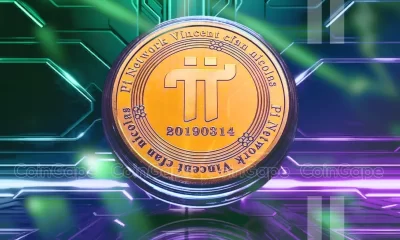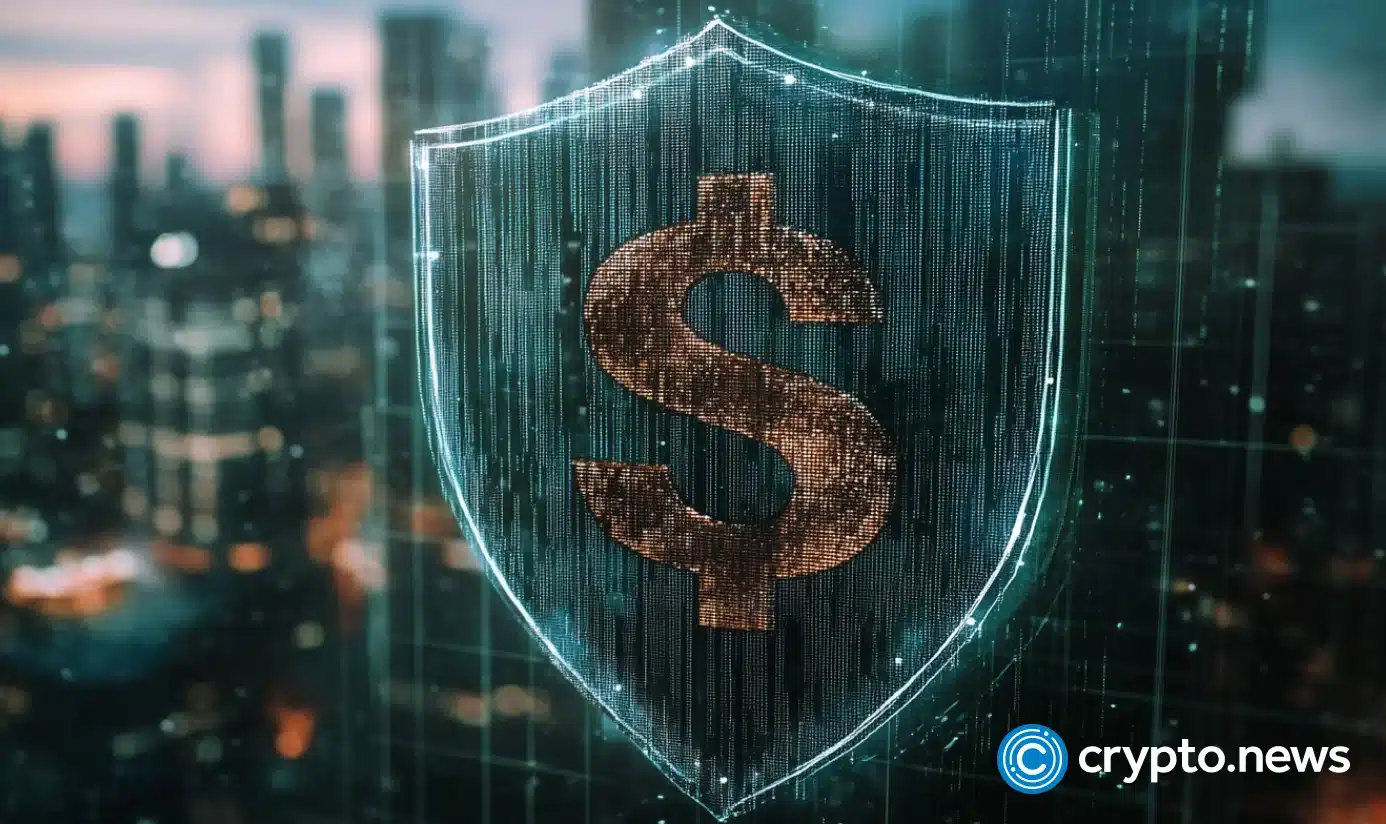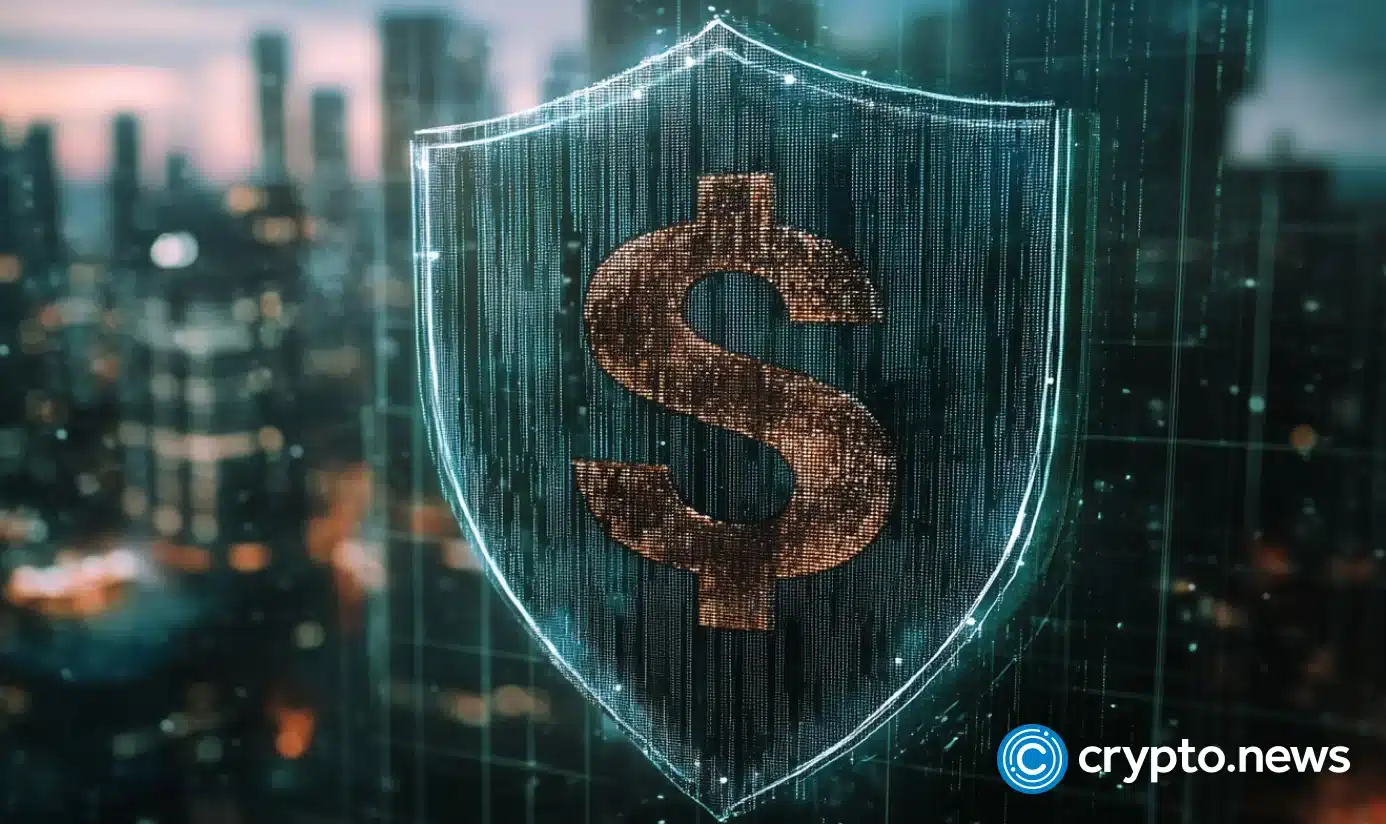BitGo
FTX to start bankruptcy payouts via Kraken, BitGo from Jan. 3
Published
7 days agoon
By
admin

Users affected by FTX’s 2022 crash will begin receiving bankruptcy distributions, with the option to receive payouts in stablecoins, through Kraken and BitGo.
The FTX estate confirmed that its bankruptcy disbursement plan will become effective on January 3, 2025, following court approval by U.S. District Judge John Dorsey in October.
Sunil Kavuri, a spokesperson for FTX’s largest creditor group, identified Kraken and BitGo as the confirmed distribution partners, citing the platforms’ payment capabilities. According to Kavuri, customers will have the option to receive repayments in stablecoins.
FTX Claims: Distribution
FTX has uploaded two distribution partners –
Bitgo and Kraken with a third coming soon
to the FTX Claims Portal pic.twitter.com/x48fogTQZE— Sunil (FTX Creditor Champion) (@sunil_trades) December 16, 2024
The plan, ruled by Judge Dorsey in Delaware, approved 98% of creditors to receive 118% of their claim value in early October. FTX’s decision to repay users in cash drew criticism from Kavuri and other bankruptcy claimants.
Yet, court documents showed that 94% of creditors with claims against the crypto exchange voted “Yes” to the plan. This group comprises nearly $7 billion in claims, according to the reorganization plan.
Bankruptcy administrator John J. Ray III commended his interim team for recovering about $16 billion in assets and cash for FTX creditors. Ray took over as CEO in late 2022, replacing Sam Bankman-Fried. Companies under the FTX umbrella, such as Alameda Research, also collapsed, and several of Bankman-Fried’s top associates signed plea deals with federal prosecutors in exchange for lighter sentences.
By November 2023, Bankman-Fried was found guilty on seven charges and sentenced to 25 years in prison for fraud. Under CEO Ray’s leadership, the defunct crypto exchange has worked to reconstruct the remnants of Bankman-Fried’s one-time crypto empire.
For the past two years, our team of professionals have meticulously and efficiently worked to recover billions of dollars to reach this point. The Plan becoming effective in January 2025 and the start of distributions are reflections of the outstanding success of the recovery efforts.
John J. Ray III, FTX CEO
Source link
You may like


Metaplanet makes largest Bitcoin bet, acquires nearly 620 BTC


Tron’s Justin Sun Offloads 50% ETH Holdings, Ethereum Price Crash Imminent?


Investors bet on this $0.0013 token destined to leave Cardano and Shiba Inu behind


End of Altcoin Season? Glassnode Co-Founders Warn Alts in Danger of Lagging Behind After Last Week’s Correction


Can Pi Network Price Triple Before 2024 Ends?


XRP’s $5, $10 goals are trending, but this altcoin with 7,400% potential takes the spotlight
BitGo
BitGo to enter stablecoin territory with USDS token
Published
3 months agoon
September 18, 2024By
admin

Crypto custodian BitGo plans to launch a dollar-backed stablecoin next year, offering rewards to liquidity providers.
BitGo is set to launch a dollar-backed stablecoin dubbed USDS in January 2025, positioning it as the first “open-participation stablecoin” in the market. In a Sept. 18 post on X, BitGo said the stablecoin is “fully backed by short-duration T-bills, overnight repos, and cash, ensuring high liquidity and low risk with real-time proof of reserves.”
💸 Introducing $USDS
The first open-participation stablecoin to redefine financial freedom.
Built on a foundation of transparency, USDS empowers the community by democratizing the stablecoin experience and putting the power back in your hands.
🏦 1:1 USD Backing: USDS is fully… pic.twitter.com/pfzXWGZ1ze
— BitGo (@BitGo) September 18, 2024
BitGo aims to stand out by offering liquidity providers a share of the returns generated from its reserves, creating a new incentive model in a market currently dominated by Tether’s (USDT) and Circle’s USD Coin (USDC).
The move comes as BitGo, which holds a dominant 96.6% market share in the Wrapped Bitcoin market with its wBTC token, faces increasing competition from new entrants like Coinbase. On Sept. 12, Coinbase launched cbBTC, a new ERC20 token backed 1:1 by Bitcoin held in Coinbase’s custody. The token is available on the Base and Ethereum networks, signaling a direct challenge to BitGo’s market leadership.
In the meantime, some decentralized finance protocols are reevaluating their use of wBTC due to concerns over its affiliations with TRON founder Justin Sun. Sky, formerly known as MakerDAO, is now considering whether it should remove wBTC as collateral from its borrowing platform SparkLend due to BitGo’s impending partnership with BitGlobal, which is perceived as potentially shifting control of wBTC to a venture associated with Sun.
Source link
BitGo
LayerZero becomes BitGo’s official interoperability protocol for WBTC
Published
3 months agoon
September 10, 2024By
admin

BitGo has selected LayerZero as the digital asset custody provider’s official interoperability provider for the Wrapped Bitcoin token.
On Sept. 10, LayerZero (ZRO) announced that BitGo now uses LayerZero’s Omnichain Fungible Token standard for the crypto company’s Wrapped Bitcoin (WBTC). Projects that already tap into OFT are Swell, Ethena and EtherFi among others.
BitGo expands WBTC to BNB Chain and Avalanche
BitGo and its partners launched Wrapped Bitcoin in 2019 with the goal of bringing Bitcoin (BTC) into the DeFi ecosystem on Ethereum (ETH). BTC holders can use WBTC to access decentralized finance applications across lending, borrowing, swapping, and other services.
BitGo’s selection of LayerZero comes as the firm expands its WBTC token, a major asset in the decentralized finance space, to two more blockchain networks—Avalanche (AVAX) and BNB Chain.
WBTC is already available on Ethereum, Tron, Base, Osmosis, and other networks. The latest integrations, BNB Chain and Avalanche, rank as the fourth and seventh largest chains by total value locked respectively as seen on DeFiLlama.
Native WBTC minting
According to LayerZero, BitGo’s choice of the OFT Standard for WBTC allows for the token’s native use and transfer across multiple blockchains.
Users will be able to mint WBTC natively on the supported chains without facing the risks associated with token bridging from Ethereum. Apart from omnichain composability, other benefits of using LayerZero for WBTC interoperability include unified supply and modular security.
As part of the collaboration with LayerZero, BitGo will implement its own decentralized verifier network, which will play a key role in ensuring that every omnichain WBTC transaction is verified. BitGo will collaborate with Polyhedra and LayerZero Labs on the DVN.
Source link
BitGo
BitGo secures major payment license from Singapore’s MAS
Published
5 months agoon
August 8, 2024By
admin

California-based digital asset trust and security company BitGo has received a Major Payment Institution license from the Monetary Authority of Singapore.
The company made the announcement on Aug. 8, stating that the MPI license allows it to offer regulated crypto payment services in Singapore, including custody and trading.
BitGo is pleased to announce that we have obtained the Major Payment Institution Licence from the Monetary Authority of Singapore.
We are committed to meeting the rising demands of client needs in Asia through regulated digital payment token services. This includes our… pic.twitter.com/4DAgKvLVVD
— BitGo (@BitGo) August 8, 2024
Following the approval, BitGo’s Singapore clients will be able to buy and sell crypto from the company’s cold storage custody solutions. Additionally, according to BitGo, the services will include access to its liquidity as well as insured cold storage custody solutions.
BitGo’s acquisition of the MPI license comes only days after HashKey Group’s over-the-counter trading subsidiary received similar approval from the Singapore regulator. It also comes about six months after BitGo obtained an initial in-principle approval as an MPI.
The crypto custodian now joins 27 other digital asset companies, including Coinbase and Ripple (XRP), which have already secured full MPI licenses to offer crypto services in the city state.
Singapore has tried to build a strong regulatory framework for crypto, primarily overseen by MAS. They include the enactment of the Payment Services Act in 2019, as well as rules restricting digital payment providers from promoting their services to the general public.
Crypto ownership in the tiny Asian country is one of the highest in the world. According to a recent report from global crypto payments provider Triple-A, more than 24% of Singaporeans owned some form of crypto. It puts the country only second to the United Arab Emirates in terms of crypto ownership, with 25.3% of the Middle-Eastern country’s citizenry holding crypto.
Per the report, the United States is much further behind, with only 15.5% of its population holding digital assets. However, unlike Singapore, crypto regulation in the U.S. is still not as clear cut, with the country’s regulator, the U.S. Securities and Exchange Commission accused of hampering the growth of the industry through its hard stance on crypto.
Source link

Metaplanet makes largest Bitcoin bet, acquires nearly 620 BTC

Tron’s Justin Sun Offloads 50% ETH Holdings, Ethereum Price Crash Imminent?

Investors bet on this $0.0013 token destined to leave Cardano and Shiba Inu behind

End of Altcoin Season? Glassnode Co-Founders Warn Alts in Danger of Lagging Behind After Last Week’s Correction

Can Pi Network Price Triple Before 2024 Ends?

XRP’s $5, $10 goals are trending, but this altcoin with 7,400% potential takes the spotlight

CryptoQuant Hails Binance Reserve Amid High Leverage Trading

Trump Picks Bo Hines to Lead Presidential Crypto Council

The introduction of Hydra could see Cardano surpass Ethereum with 100,000 TPS

Top 4 Altcoins to Hold Before 2025 Alt Season

DeFi Protocol Usual’s Surge Catapults Hashnote’s Tokenized Treasury Over BlackRock’s BUIDL

DOGE & SHIB holders embrace Lightchain AI for its growth and unique sports-crypto vision

Will Shiba Inu Price Hold Critical Support Amid Market Volatility?

Chainlink price double bottoms as whales accumulate

Ethereum Accumulation Address Holdings Surge By 60% In Five Months – Details
182267361726451435

Why Did Trump Change His Mind on Bitcoin?

Top Crypto News Headlines of The Week

New U.S. president must bring clarity to crypto regulation, analyst says

Will XRP Price Defend $0.5 Support If SEC Decides to Appeal?

Bitcoin Open-Source Development Takes The Stage In Nashville

Ethereum, Solana touch key levels as Bitcoin spikes

Bitcoin 20% Surge In 3 Weeks Teases Record-Breaking Potential

Ethereum Crash A Buying Opportunity? This Whale Thinks So

Shiba Inu Price Slips 4% as 3500% Burn Rate Surge Fails to Halt Correction

Washington financial watchdog warns of scam involving fake crypto ‘professors’

‘Hamster Kombat’ Airdrop Delayed as Pre-Market Trading for Telegram Game Expands

Citigroup Executive Steps Down To Explore Crypto
Mostbet Güvenilir Mi – Casino Bonus 2024

NoOnes Bitcoin Philosophy: Everyone Eats
Trending

 3 months ago
3 months ago182267361726451435

 Donald Trump5 months ago
Donald Trump5 months agoWhy Did Trump Change His Mind on Bitcoin?

 24/7 Cryptocurrency News4 months ago
24/7 Cryptocurrency News4 months agoTop Crypto News Headlines of The Week

 News4 months ago
News4 months agoNew U.S. president must bring clarity to crypto regulation, analyst says

 Price analysis4 months ago
Price analysis4 months agoWill XRP Price Defend $0.5 Support If SEC Decides to Appeal?

 Opinion5 months ago
Opinion5 months agoBitcoin Open-Source Development Takes The Stage In Nashville

 Bitcoin5 months ago
Bitcoin5 months agoEthereum, Solana touch key levels as Bitcoin spikes

 Bitcoin5 months ago
Bitcoin5 months agoBitcoin 20% Surge In 3 Weeks Teases Record-Breaking Potential


